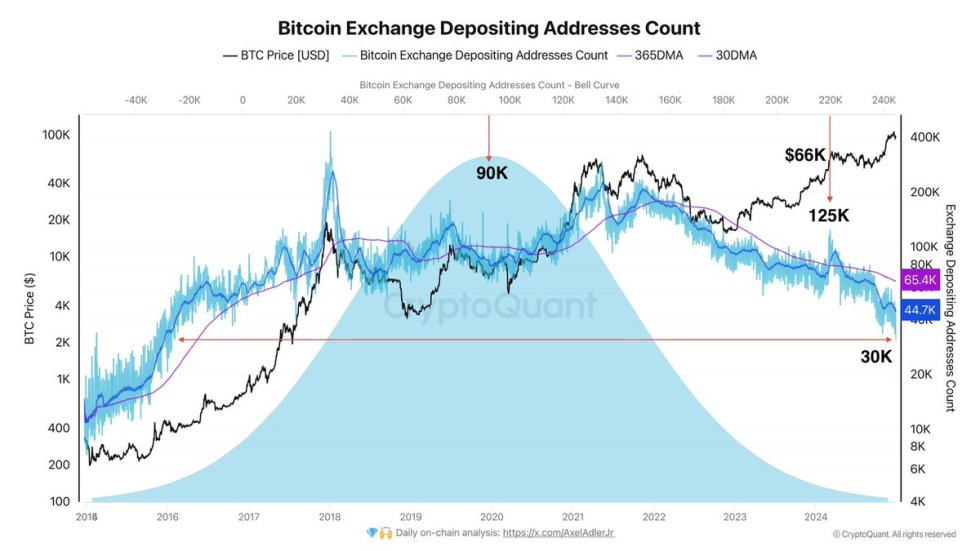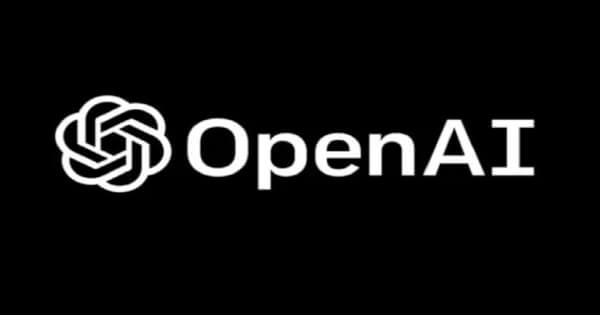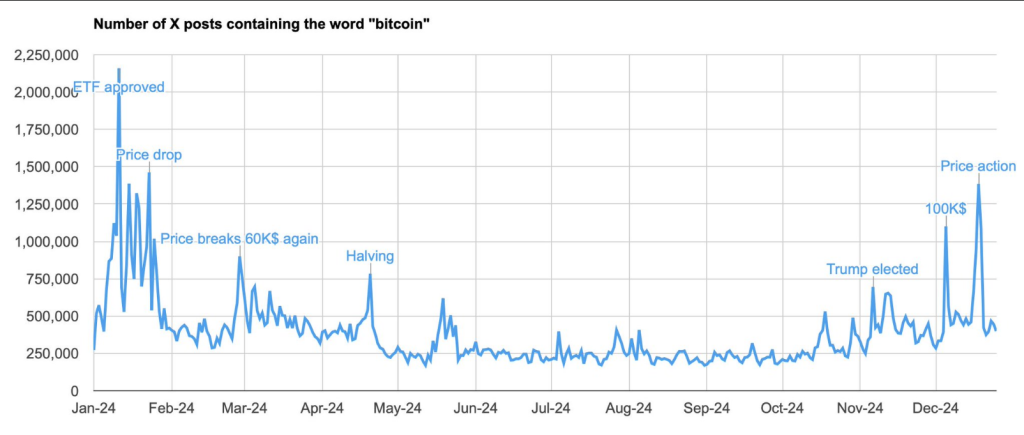
AI can analyze data for accurate risk assessment, reduce bias, automate tasks and personalize the lending experience for improved credit scoring.
Artificial Intelligence (AI) can be used to improve credit scoring in a number of ways. Credit scoring is the process of assessing a borrower’s creditworthiness based on their credit history, financial data and other relevant factors. Here are some ways AI can improve credit scoring:
Better data analysis
AI can analyze large volumes of data from a variety of sources to identify patterns and trends that might not be apparent to human analysts. This can help lenders make more accurate predictions about a borrower’s creditworthiness. The below steps illustrate how AI can be used for data analysis:
- Collect data from various sources, such as social media, credit bureaus and financial statements.
- Pre-process and clean the data to ensure it’s ready for analysis.
- Apply machine learning algorithms to the data to identify patterns and trends.
- Use the insights gained from the analysis to inform lending decisions.
Improved risk assessment
AI can be used to build predictive models that assess the likelihood of a borrower defaulting on a loan. These models can take into account a wide range of factors, such as income, debt-to-income ratio and payment history, to better predict the risk associated with lending to a particular borrower.
The general steps followed by lenders to assess borrower’s suitability for credit are listed below:
- Collect data about the borrower, such as credit history, income, employment status and other relevant factors.
- Pre-process and clean the data to ensure it’s ready for analysis.
- Train machine learning models on the data to predict the likelihood of a borrower defaulting on a loan.
- Use the models to assess the risk associated with lending to a particular borrower.
Reduced bias
AI can help reduce bias in credit scoring by using objective criteria to assess creditworthiness. This can help reduce the impact of factors such as race, gender and ethnicity on lending decisions.
One of the challenges in credit scoring is ensuring that the process is fair and free from bias. Historically, lending decisions have been influenced by factors such as race, gender and ethnicity, which can result in discriminatory practices. However, with the use of AI, it’s possible to reduce the impact of these factors on lending decisions.
I also mentioned the aspect of fairness under the ethical considerations of using AI, while we are looking at using AI for credit scoring @SociaLendAfrica, we will maintain the human review process. Even AI can be biased by the information we feed it #WLS @katslaw1
— Marvin Peter Akankwasa (@Marvinpetersbk) August 1, 2019
To achieve this, lenders need to identify potential sources of bias in the credit scoring process, such as race, gender and ethnicity. They can then train machine learning models to exclude or de-emphasize these factors in the lending decision process. By doing so, lenders can make more objective and fair lending decisions that are based on the borrower’s creditworthiness rather than personal characteristics.
However, it is critical to note that AI is not immune to bias, and it’s crucial to monitor the models for any signs of bias and adjust them as needed to ensure fairness and transparency. This necessitates constant model monitoring and assessment, as well as routine evaluations of the training data. By doing so, lenders are able to guarantee that their credit score system is impartial and equal for all borrowers, regardless of their racial, gender or cultural background.
Related: Ethical considerations in AI development and deployment
Faster processing
AI can significantly improve the speed and efficiency of the credit scoring process. Traditionally, credit scoring has been a manual and time-consuming process, involving a lot of paperwork and human intervention. However, with the use of AI, lenders can automate many of the tasks involved in credit scoring, reducing processing times and increasing efficiency.
One of the ways AI can speed up the credit scoring process is by automating data entry and analysis. By using machine learning algorithms to process and analyze large volumes of data, lenders can quickly assess a borrower’s creditworthiness and make lending decisions in real-time. This can be especially useful for online lending platforms that require fast and accurate credit assessments.
Another way AI can improve the speed of credit scoring is by automating the loan application process. By using chatbots and other AI-powered tools, lenders can provide borrowers with instant feedback on their loan applications, reducing the time and effort required to apply for a loan.
Improved customer experience
AI-powered credit scoring can provide borrowers with a more personalized lending experience. For example, lenders can use AI to offer borrowers loan products that are tailored to their specific needs and financial situations. The lenders typically follow the steps below to enhance the borrower’s experience:
- Collect data about the borrower, such as their financial goals and risk tolerance.
- Use machine learning algorithms to identify loan products that match the borrower’s needs and preferences.
- Offer personalized loan products to the borrower based on the analysis.
Related: 7 potential use cases of chatbots in banking

You can get bonuses upto $100 FREE BONUS when you:
💰 Install these recommended apps:
💲 SocialGood - 100% Crypto Back on Everyday Shopping
💲 xPortal - The DeFi For The Next Billion
💲 CryptoTab Browser - Lightweight, fast, and ready to mine!
💰 Register on these recommended exchanges:
🟡 Binance🟡 Bitfinex🟡 Bitmart🟡 Bittrex🟡 Bitget
🟡 CoinEx🟡 Crypto.com🟡 Gate.io🟡 Huobi🟡 Kucoin.




















Comments